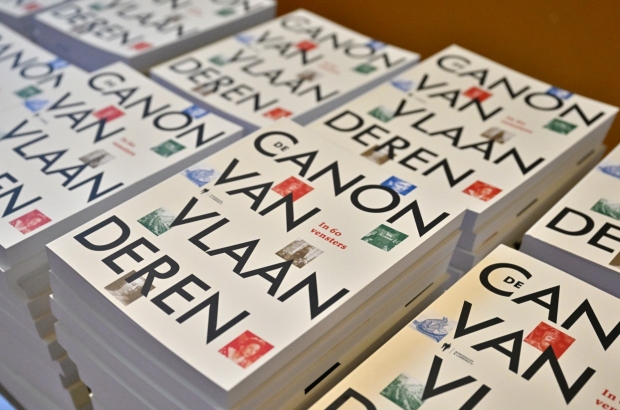- Daily & Weekly newsletters
- Buy & download The Bulletin
- Comment on our articles
Flanders publishes official canon recognising its history and culture
Flanders has released its official "canon", described as an overview of key elements of Flemish history, culture and society.
The initiative was driven by the N-VA party, which opponents have criticised as becoming increasingly nationalist in the vein of the controversial Vlaams Belang (VB) party.
But the idea of an official cultural canon is not new nor necessarily nationalist. Flemish authorities refer to the Netherlands and Denmark, both of which have created official canons.
Still, those are centuries-old countries, rather than an administrative region that has never had its own historical existence in the geographical area it occupies today.
To create the Flemish canon, a committee of experts spent more than two years selecting 60 themes, from the last Ice Age to the Ghent Altarpiece to today’s super-diverse Flanders.
Included within are the linguistic border and the Battle of the Golden Spur, the multicultural nature of the miners of Limburg, the Napoleonic code, Jacques Brel and the Belgian constitution.
The canon is available as a book and an interactive website.
While billed as a record of "what is important enough to be read, heard, seen or known by a particular community", some are suspicious of the motives behind its creation.
The canon comes not as a result from broad demand from civil society, but solely as an initiative from N-VA.
Many suspected it to be the result of a nationalist desire to rewrite the history of what is now considered Flanders and historians described the project as a "silent generator of the anti-Belgian struggle" in late 2022.
But the canon has been met mostly with praise since its release this week.
The Flemish government sees potential for using the canon in education and in integration courses for new immigrants, and now some are calling for a similar initiative in Wallonia and in the German-speaking region of the country.
Photo: Dirk Waem/Belga



















